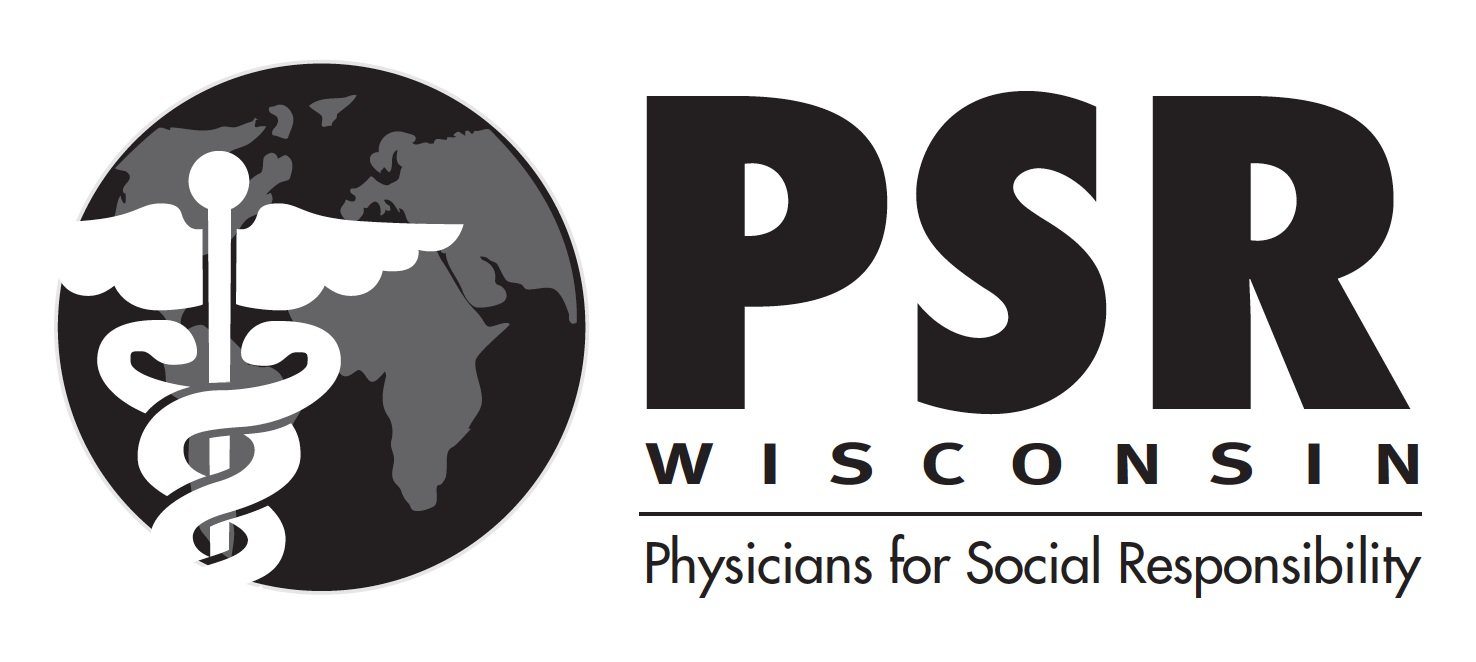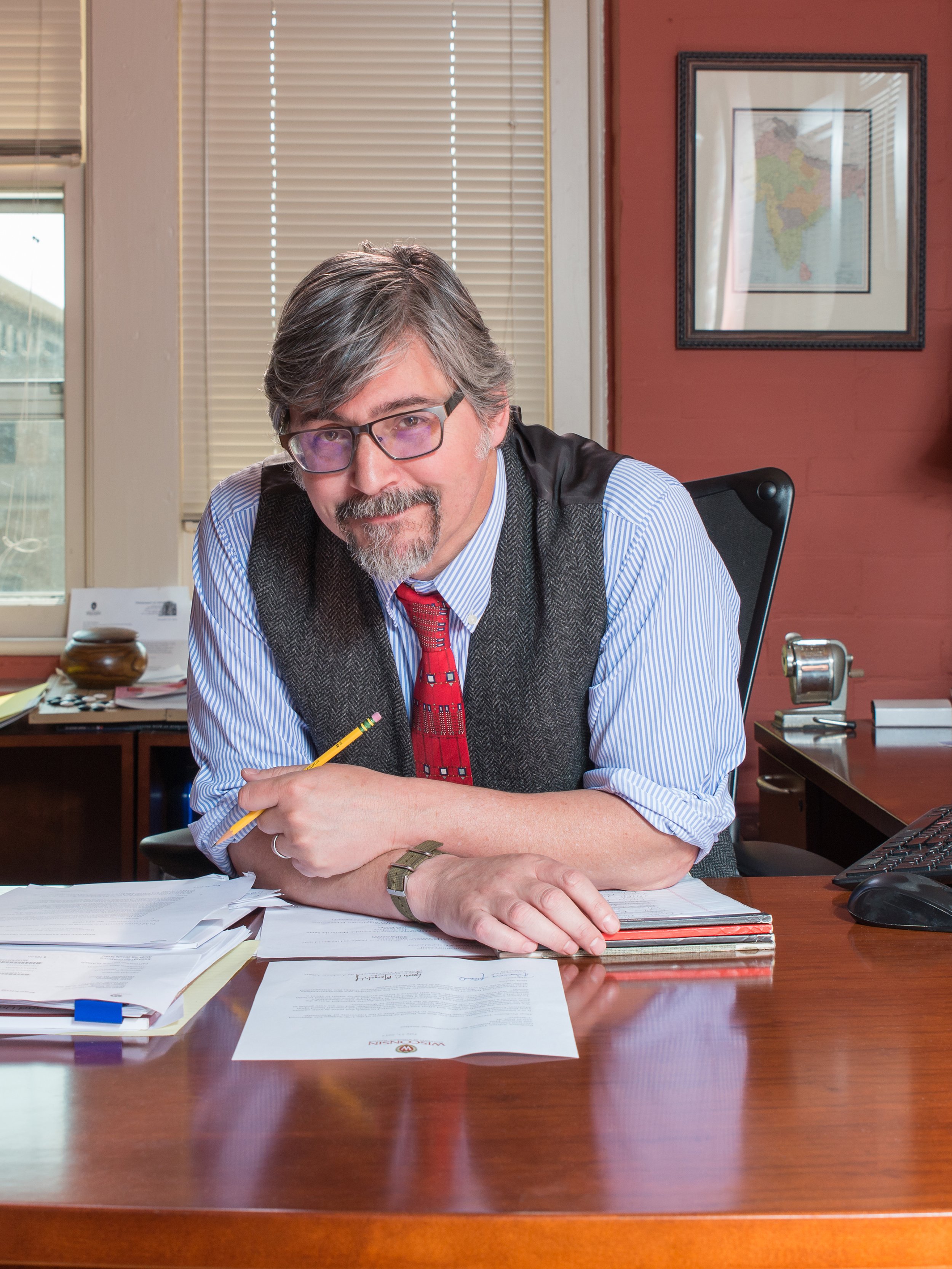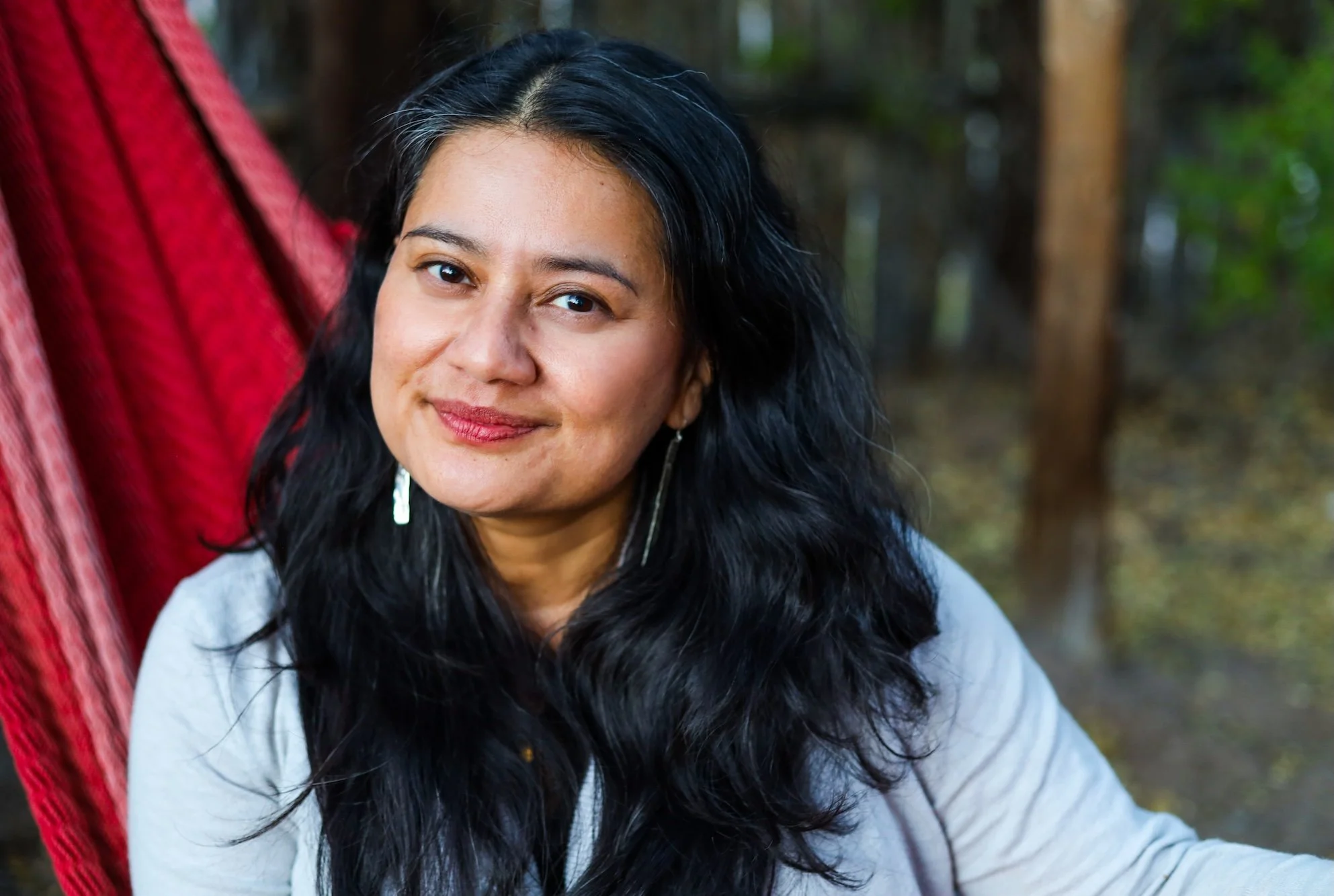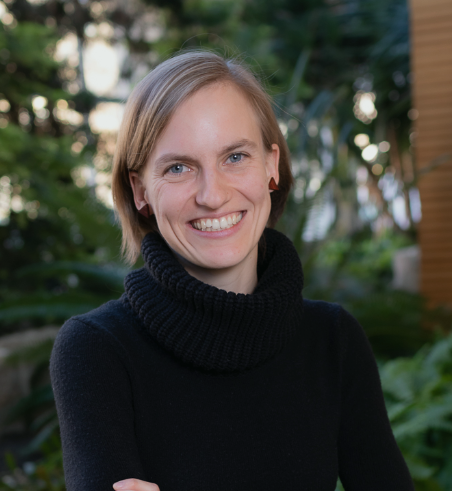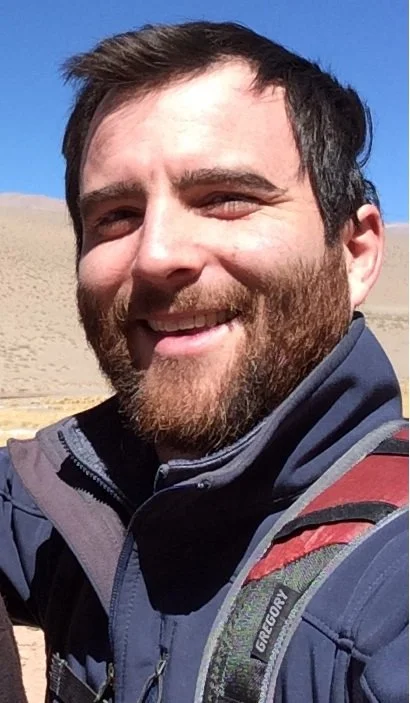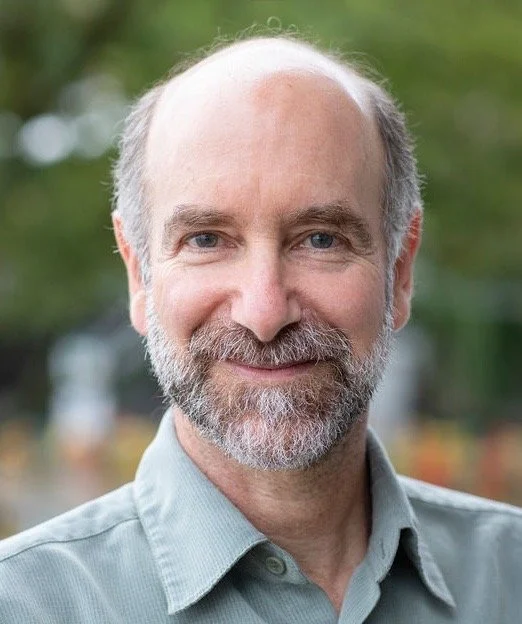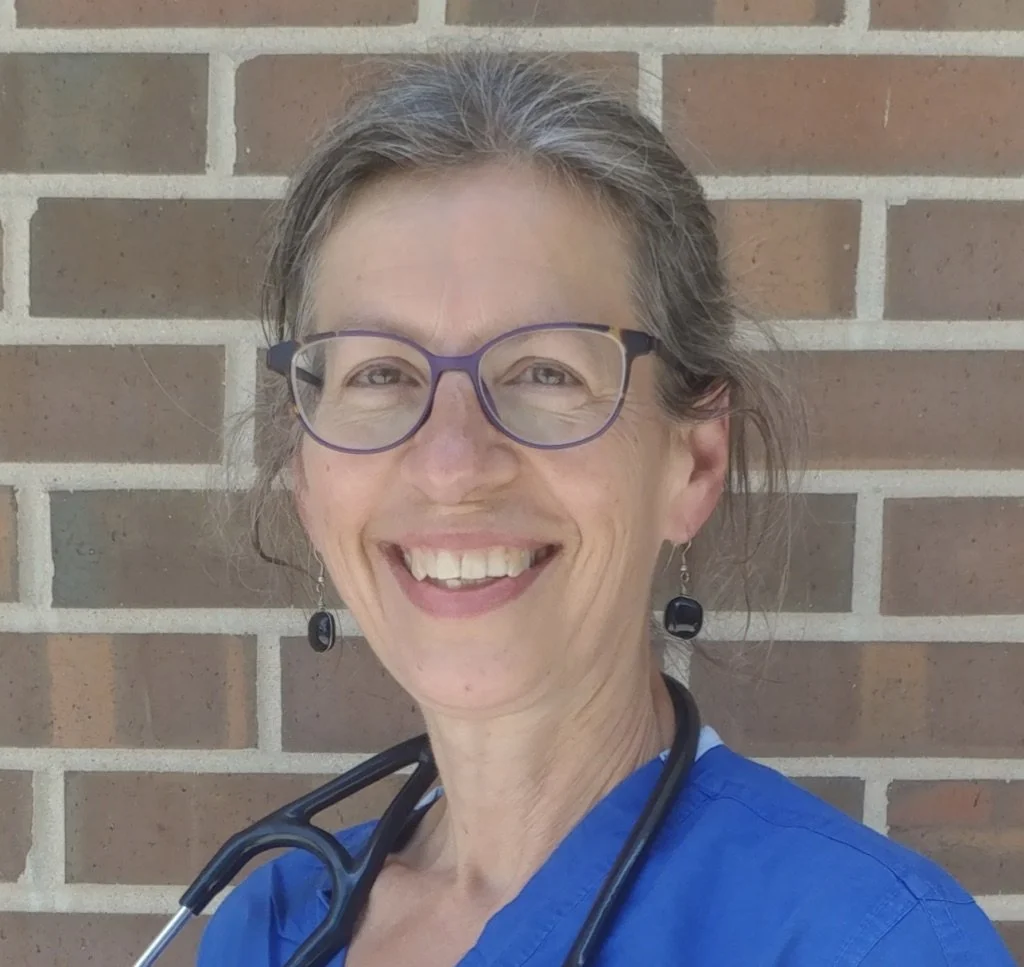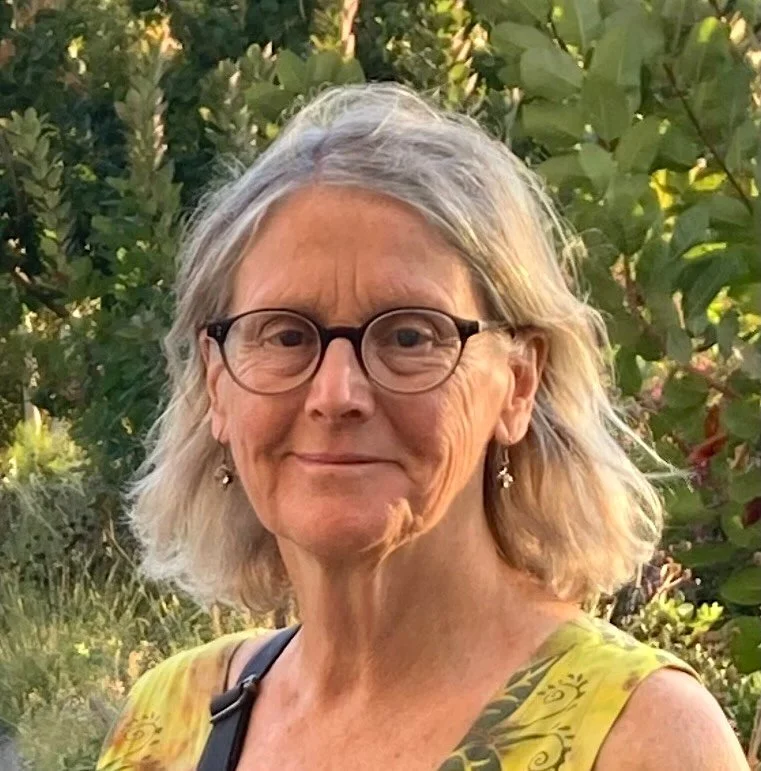Remembrance of Lost Species Event Speaker Bios and Materials
Speakers are listed in order of appearance in the program.
Paul Robbins, PhD
Paul Robbins is Dean of the Nelson Institute for Environmental Studies at the University of Wisconsin-Madison. Raised in Denver, Colorado, Robbins has spent his career as a researcher and educator, specializing in the politics of natural resource management. His research addresses questions spanning conservation, urban ecology, and the fate of forests and human populations.
Robbins has done extensive fieldwork in rural South Asia, where his work has focused on the politics surrounding forestry and wildlife conservation in Rajasthan and Karnataka. Robbins has also led national studies of consumer chemical risk behaviors in America, including research on the abiding passion of Americans for their lawns. His award-winning book — Lawn People: How Grasses, Weeds, and Chemicals Make Us Who We Are — is widely recognized as one of the most accessible books on the environmental politics of daily life.
A UW-Madison alumnus with a bachelor’s degree in anthropology, Paul Robbins holds a master’s and doctorate in geography from Clark University.
Dekila Chungyalpa
Dekila is Founder and Director of the Loka Initiative. Known as an innovator in the environmental field, she has over 25 years of experience working on building resilience, biodiversity landscape and river basin strategy design, and community-based conservation. Dekila has designed and launched 4 unique faith-led initiatives, Khoryug in the Himalayas, the Sacred Earth program at the World Wildlife Fund, YETI at the Yale School of Environment, and now Loka at UW-Madison. Dekila has worked all around the world, including in the Amazon, East Africa, the Himalayas, the Mekong, and the US. She originally hails from Sikkim, a Buddhist-kingdom-turned-Indian-state in the Eastern Himalayas, and is Bhutia. She is a sought after public speaker and has spoken at the American Museum of Natural History, Bioneers, Harvard, Mind and Life, National Geographic, Stanford, and Yale, and sits on the board or advisory committee for several organizations including Green The Church, the Yale Forum on Religion and Ecology, Midwest Environmental Advocates, and the Society of Conservation Biology’s Religion and Conservation Working Group. Her latest essay can be found here: https://rubinmuseum.org/one-refuge-one-planet/.
Zuzana Burivalova PhD
I am an Assistant Professor and the Principal Investigator of the Sound Forest Lab. I am a tropical forest ecologist and conservation scientist, based at the University of Wisconsin-Madison, where I am affiliated with the department of Forest & Wildlife Ecology, The Nelson Institute for Environmental Studies, and the Center for Sustainability and the Global Environment (SAGE). Previously, I was a NatureNet post-doctoral research fellow at Princeton University and The Nature Conservancy.
I look for ways to protect biodiversity in tropical forests, both forests that are used by people, for example for logging, and forests set aside for conservation, from national parks to small community protected areas. I try to answer tricky questions in tropical forest ecology using new technologies, such as through recording soundscapes, where traditional field methods aren’t enough. I also collaborate with the environmental news platform Mongabay on understanding which conservation strategies succeed and fail in tropical forests. I feel privileged to have worked in the tropical forests of Madagascar, Papua New Guinea, Borneo, and Gabon.
I am the 2021 winner of the nature award for driving global impact. In 2023, I received the Bassam Z. Shakhashiri Public Science Engagement Award. I am honored to receive the 2023 WINGS Women of Discovery Award.
Jon Pauli PhD
Dr. Pauli is a professor in the Department of Forest and Wildlife Ecology. He is interested in the roles that wild mammals play in communities and ecosystems and broadly describes himself as an ecologist that specializes in mammalian ecology and conservation. His research assesses the effects of large-scale human disturbances and landscape change on mammalian species. He approaches these questions through a combination of field work, laboratory experimentation and modeling.
Jonathan Patz MD, MPH
Jonathan Patz is the John P. Holton Chair of Health and the Environment, a Vilas Distinguished Professor, and an elected member of the National Academy of Medicine. Patz served as Health Co-Chair for the first US National Climate Assessment and multiple years as a Lead Author for the United Nations Intergovernmental Panel on Climate Change. Dr. Patz currently directs an NIH-sponsored Center for Health, Energy and Environmental Research (CHEER) and the UW-Madison Climate Solutions for Health Lab.
Claire Gervais MD
Dr. Claire Gervais is Clinical Professor with the University of Wisconsin Department of Family Medicine and Community Health. She is co-president of Wisconsin Environmental Health Network and helped found Healthy Climate Wisconsin. She actively works on advocacy and education regarding climate change and environmental toxins including PFAS and pesticides.
Alongside UW Health sustainability leadership, she has addressed healthcare environmental issues including climate change and health, reducing healthcare emissions, eliminating triclosan use, pesticide reduction policy, and workplace fragrance free policy.
Ann Behrmann MD
Dr. Ann Behrmann is a retired pediatrician for Group Health Cooperative of South Central Wisconsin, an Honorary Fellow in the Department of Pediatrics at the UW School of Medicine and Public Health, and on the Board of Visitors at the UW-Madison Global Health Institute. She is the past Program Director for the American Academy of Pediatrics’ International Community Access to Child Health (ICATCH) grants program. She continues to work on quality improvement initiatives and grant review and advising.
Dr. Behrmann is interested in a wide variety of child health issues, including development of the Global School Health Toolkit and consulting on disabled children in low resource settings (Chingari Trust).
Her interest in environmental health began when her patients who lived adjacent to the Badger Army Ammunition Plant in Baraboo, WI asked for help looking at the connection between health problems and contamination of their well water with volatile organic compounds. She is a founding member of the Wisconsin Environmental Health Network and currently serves on the steering committee as the Treasurer.
Amy Schulz, RN
Amy Schulz is a retired Registered Nurse and has served as president of Physicians ( and Health Professionals and Concerned Citizens) for Social Responsibility Wisconsin (PSR WI) for over 20 years. In addition to her work with PSR WI., Amy volunteers with Journey Mental Health as a facilitator for the Survivors of Suicide support group, and with Luke House Community Meals program. Amy believes that the presence of nuclear weapons threatens life on Earth. Abolition of all weapons of mass destruction and the investment in true security by diplomacy, education, health care and economic programs to relieve suffering is critical for the world's future. In her free time, Amy can be found biking, sailing or cross country skiing around the Madison area.
